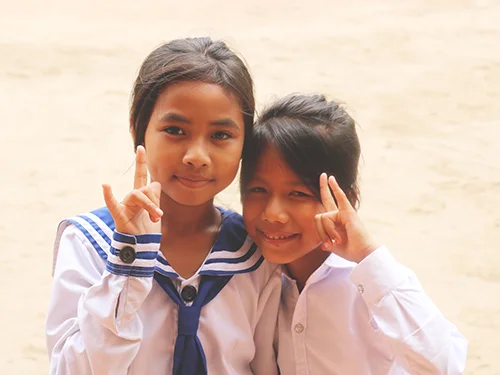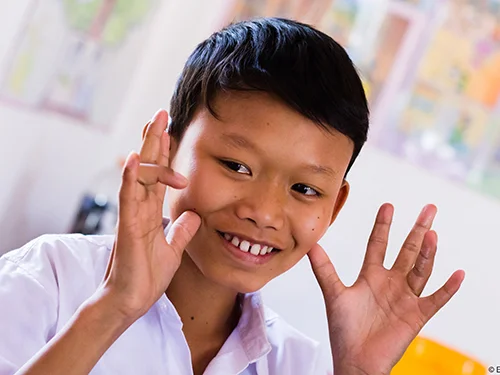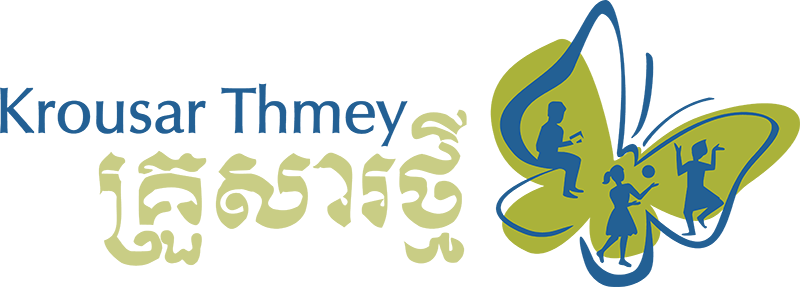- Trust and respect
- Compliance with commitments (technical and financial)
- Reciprocity (seeking a balance in exchange, valorization of talents and potential for mutual reinforcement …),
- The search for equality of power in the relationship
This dynamic emphasizes:
- A close relationship, translated by know-how and postures of listening, understanding and exchange / dialogue,
- The search for adapted and tailored solutions to the problems / needs of partners and indirectly children,
- This in the duration and the respect of the rhythm of the partner.

Interested in becoming a partner ?
Let’s build together our future cooperation

ORGANIZATIONS FROM ASSOCIATIVE SECTOR
-
Associations/ local NGOs
Can be of any size, from the small local association benefiting from a local fort, to the professional NGO (basic organizations that have structured and professionalized)
-
Platforms/ thematic networks (locals)
The thematic platforms or networks are clusters of local and / or international NGOs working on specific fields and / or international and UN agencies. They are places of reflection, exchange of practices and experiences and pooling of the stakes in targeted fields, in order to define strategies and actions to raise awareness and advocate with stakeholders.
-
NGOs or local branches of international organizations
A partnership with these international organizations and bilateral and multilateral agencies (eg United Nations Agencies or European Union) can be developed from Cambodia or Europe.
LOCAL EDUCATION STRUCTURES (PUBLIC OR PRIVATE)
-
Research institutes
Les ONG et les chercheurs, du fait de cultures professionnelles très différentes, n’ont a priori ni les mêmes intérêts, ni les mêmes connaissances de la réalité terrain ou de la démarche scientifique. Cependant, il y a, du côté de la recherche comme celui des ONG, une volonté et des intérêts à coopérer pour améliorer de part et d’autre l’efficacité, l’ancrage terrain, la connaissance et le plaidoyer.
-
Universities / Training institutes
Due to very different professional cultures, NGOs and researchers have neither the same interests nor the same knowledge of the field reality or the scientific approach at first glance. However, there is both willingness and interest on the part of researchers and NGOs to work together to improve effectiveness, anchoring, knowledge and advocacy.
PUBLIC SERVICES
-
Centralized or decentralized state services
Local services related to Krousar Thmey fields of intervention (inclusive education and child welfare) can be relevant partners in experimenting and disseminating good practice at the local level. Collaboration with the decision-making level (Ministry of Education / Ministry of Social Affairs, for example) should allow scaling up at a provincial or even national level.
-
Local authorities
Municipalities, districts or provinces have often defined policies of international solidarity cooperation with substantial financing. They also undertake a project selection procedure.
COMPANIES AND FOUNDATIONS FROM THE PRIVATE SECTOR
-
Companies
Beside the financial aspect of a partnership with the economic sector, it can also allow empowering the employees of Krousar Thmey. In addition, it can also involve volunteering by the company’s employees, such as Khmer or English classes.
-
Foundations
The requirement level of some foundations has reached an almost equivalent level of international donors. They are increasingly interested in committing not only financially but also technically to projects with long-term impact.




